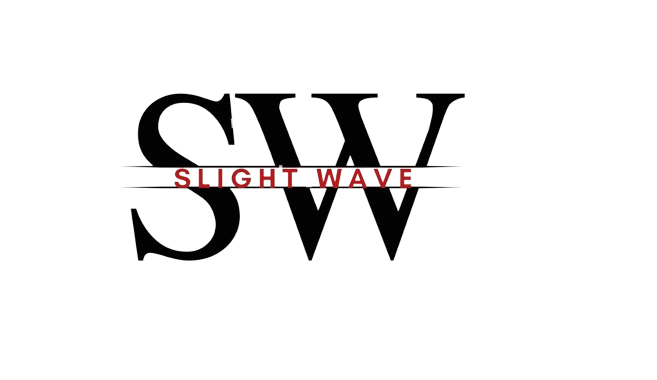In the competitive landscape of talent acquisition, recruiters play a pivotal role in identifying and securing top-tier candidates for their organizations. A crucial aspect of this process is conducting effective interviews.
To excel in this domain, recruiters must hone their interviewing skills through comprehensive training strategies. Let’s delve into some effective strategies that can elevate the interviewing capabilities of recruiters and enhance the overall hiring process.
Understanding the Role and Requirements
Before conducting interviews, recruiters must have a clear understanding of the role they are hiring for and the specific requirements of the position. Comprehensive knowledge of the job description, key responsibilities, and desired qualifications enables recruiters to ask relevant questions and assess candidates effectively during the interview process.
Interview training for recruiters is a critical component of successful talent acquisition. Equipping recruiters with the necessary skills and techniques to conduct effective interviews not only enhances the quality of candidate evaluation but also contributes to the overall success of the hiring process. Through Interview training for recruiters, they can gain insights into structuring interviews, asking relevant questions, and assessing candidate suitability.
Structuring the Interview Process
A structured interview process provides consistency and fairness while allowing recruiters to gather comprehensive insights into candidates’ skills, experiences, and fit for the role. Recruiters should develop a standardized interview format that includes a mix of behavioral, situational, and competency-based questions.
Structured interviews help recruiters evaluate candidates objectively, compare candidates consistently, and make informed hiring decisions based on merit.
Active Listening and Communication Skills
Effective communication is essential for building rapport with candidates, facilitating meaningful conversations, and eliciting valuable information during interviews. Recruiters should hone their active listening skills to attentively listen to candidates’ responses, ask follow-up questions, and probe deeper into relevant topics.
Clear and concise communication ensures that both parties understand each other’s expectations, preferences, and concerns, fostering a positive interview experience for candidates and recruiters alike.
Leveraging Behavioral Interview Techniques
Behavioral interview techniques focus on past behaviors and experiences as indicators of future performance. Recruiters can use this approach to assess candidates’ problem-solving abilities, interpersonal skills, and decision-making capabilities.
By asking candidates to provide specific examples of how they handled challenging situations or achieved success in previous roles, recruiters gain valuable insights into candidates’ competencies and suitability for the position.
Incorporating Diversity and Inclusion Training
In addition to interview skills, recruiters should undergo training in diversity and inclusion to ensure fair and equitable hiring practices. By understanding the importance of diversity in the workplace and recognizing unconscious biases, recruiters can create inclusive interview environments that attract diverse candidates and promote a culture of belonging.
Training in diversity and inclusion equips recruiters with the knowledge and skills to identify and mitigate bias during the hiring process, leading to more diverse and high-performing teams.
Utilizing Technology and Data Analytics
Recruiters can enhance their interviewing capabilities by leveraging technology and data analytics tools. AI-powered interview platforms, video interviewing software, and applicant tracking systems (ATS) offer valuable insights into candidate performance, behavior, and engagement throughout the hiring process.
Recruiters can use these tools to streamline scheduling, assess candidate responses objectively, and track interview performance metrics.
By harnessing the power of technology and data analytics, recruiters can optimize their interviewing processes, improve decision-making, and drive efficiencies in talent acquisition.
Providing Ongoing Training and Development
Continuous learning and development are essential for recruiters to stay abreast of industry trends, best practices, and emerging technologies in talent acquisition. Organizations should invest in ongoing training programs and resources to support recruiters’ professional growth and enhance their interviewing skills.
Training initiatives may include workshops, seminars, online courses, and peer-to-peer learning opportunities tailored to the specific needs and challenges faced by recruiters.
Conclusion
Effective interviewing is a cornerstone of successful recruitment, and recruiters play a central role in driving this process forward. By implementing effective interview training strategies, recruiters can enhance their capabilities, streamline the hiring process, and attract top talent to their organizations.
With a focus on understanding job requirements, structuring interviews, honing communication skills, leveraging behavioral techniques, and investing in ongoing development, recruiters can elevate their hiring game and make meaningful contributions to their organizations’ success in talent acquisition.




